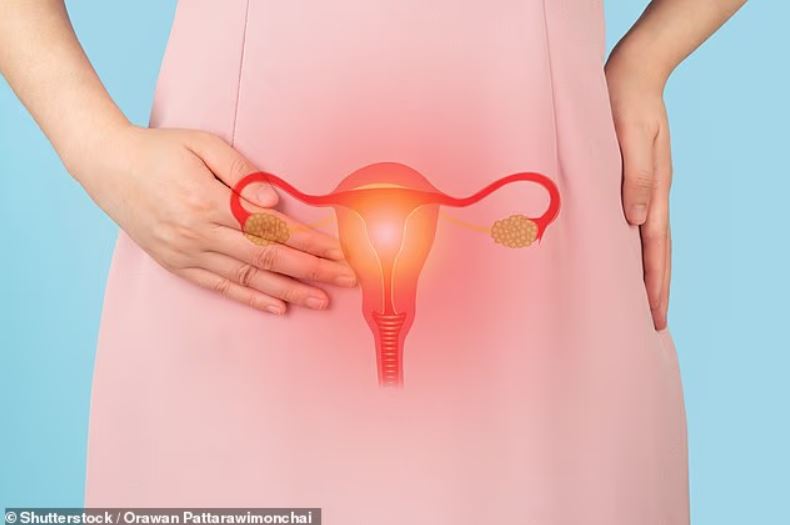Have you noticed that in a marriage, the husband always dies before the wife?
While life expectancy is improving globally, there is a widening gap between men and women.
This disparity is not unique to Nigeria. The gap is even wider in developed countries like Germany and the US. In 2022, German men had an average life expectancy of just over 78 years, while women lived to an average of 82.8 years.
Similarly, in the US, the gap reached a worrying 5.8 years in 2021, with women living 79 years on average compared to 73 years for men. This is the largest gap since 1996.
Here are the factors leading to men’s early deaths:
1. Higher suicide rates
Researchers use the term “deaths of despair” to explain why men and husbands tend to die earlier than women. These deaths are often caused by suicide, drug addiction, or violent crime.
Men are also more likely to be impacted by mental health disorders due to the stigma surrounding seeking treatment for their mental health.
2. Heart Disease
The male sex hormone testosterone is associated with a higher risk of cardiovascular disease. Men are 50% more likely to die from it, and they tend to develop it earlier in life.
3. Dangerous occupations
According to the U.S. Bureau of Labour Statistics, the risk of a man dying at work is ten times higher than that of a woman.
Men are the majority in the most hazardous jobs worldwide. These jobs consist of maintenance and repair workers, machine operators, firefighters, and construction laborers.
4. Poor diet and lack of exercise
Men are half as likely as women to keep up a diet rich in fruits and vegetables. To live long, everyone has to eat well and exercise, but men do not.
A paper published in Research Gate showed that men eat more red meat, pork, sausages, eggs, alcohol, and foods high in sucrose than women do. Women eat more fruits, vegetables, cereals, milk, dairy products, and whole grains.
It has been shown that both reduce the risk of developing chronic diseases like heart disease, high blood pressure, and type 2 diabetes.
5. Lack of frequent health checkups
Different studies have shown that men are less likely to visit a hospital when feeling sick when compared to women. It could be that men are taught to ignore and bear suffering and not show any sign of weakness.
























